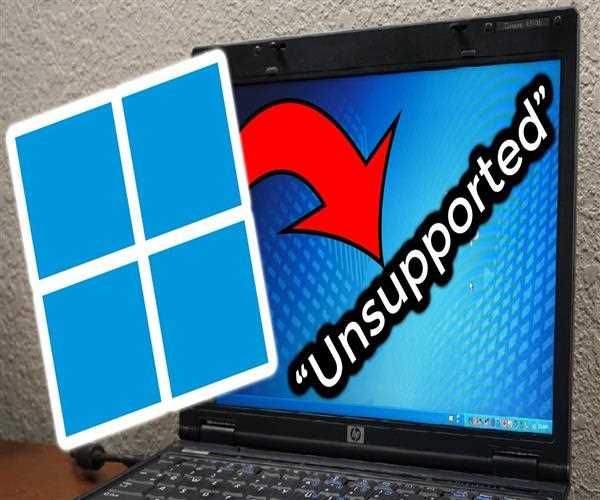Microsoft has announced the release of its new operating system, Windows 11, which comes with a range of new features and improvements. However, not all computers are compatible with Windows 11, and users with unsupported hardware may be wondering if it is possible to install the new OS on their devices.
It is technically possible to install Windows 11 on unsupported hardware, but it is not recommended. Microsoft has set strict requirements for hardware compatibility with Windows 11, including support for specific processors, memory, storage, and graphics cards. These requirements ensure that the operating system will run smoothly and without issues.

Attempting to install Windows 11 on unsupported hardware can lead to various issues, such as compatibility problems, driver issues, and system crashes. Additionally, unsupported hardware may not be able to handle some of the new features and improvements in Windows 11, resulting in a subpar user experience.
There are several workarounds that users may try to install Windows 11 on unsupported hardware, such as modifying the registry, using third-party tools, or creating a virtual machine. However, these methods are not recommended and may lead to system instability, security vulnerabilities, and other issues.
Microsoft has also stated that unsupported devices will not receive updates, security patches, or technical support for Windows 11. This means that users who install the operating system on unsupported hardware may be at risk of security threats and may not be able to receive bug fixes or support if they encounter any issues.
In conclusion, while it is technically possible to install Windows 11 on unsupported hardware, it is not recommended. Users should check their device compatibility before attempting to install the new operating system and consider upgrading their hardware if necessary. Attempting to install Windows 11 on unsupported hardware may lead to various issues and may compromise the security and stability of the system.